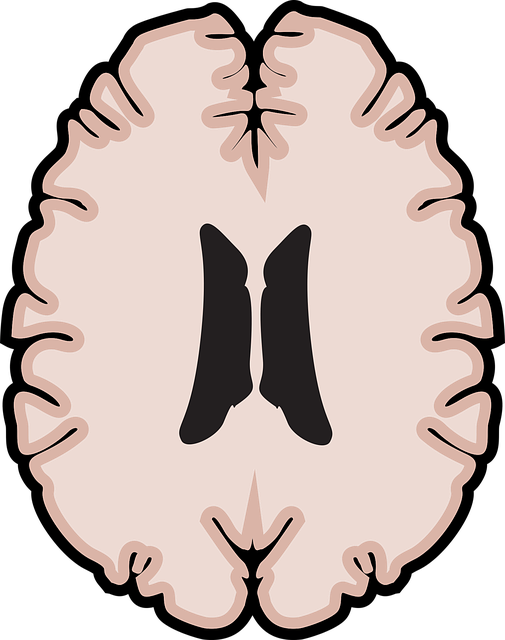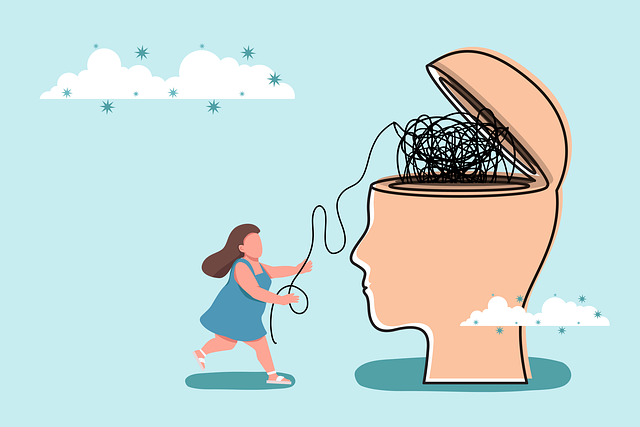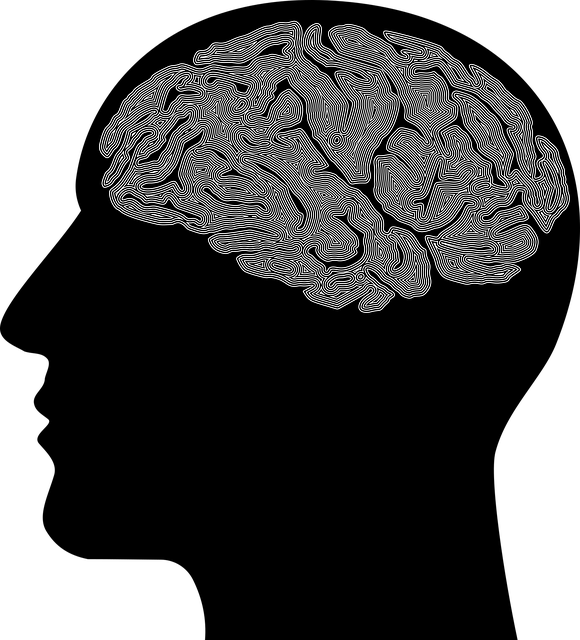Burnout among healthcare providers in Longmont Chronic Illness Therapy settings is a growing concern impacting well-being and patient care quality. Unlike regular stress, burnout involves emotional exhaustion, cynicism, and decreased personal achievement. To prevent this, Longmont Chronic Illness Therapy emphasizes stress reduction, resilience enhancement, and compassion cultivation through practices like mindfulness meditation. They also advocate for setting boundaries, prioritizing self-care, seeking support, and using anxiety relief techniques. By integrating these strategies, healthcare providers can maintain a healthy work-life balance, handle challenges more effectively, foster positive patient interactions, and ultimately prevent burnout, leading to improved job satisfaction and patient outcomes.
Healthcare provider burnout is a growing concern, impacting not just individuals but the overall quality of patient care. This article explores effective strategies to prevent and combat burnout among healthcare professionals. We delve into the root causes, offering insights on stress reduction and resilience-building techniques. Self-care practices are also highlighted as a vital component in maintaining well-being. For comprehensive support, discover how Longmont Chronic Illness Therapy provides innovative solutions, showcasing a holistic approach to addressing burnout.
- Understanding Burnout Among Healthcare Providers
- Strategies for Reducing Stress and Enhancing Resilience
- The Role of Self-Care in Preventing Burnout
- Longmont Chronic Illness Therapy: A Comprehensive Approach to Wellbeing
Understanding Burnout Among Healthcare Providers

Burnout among healthcare providers is a growing concern, impacting both individual well-being and patient care quality. It’s more than just feeling stressed; it’s a state of emotional exhaustion, cynicism, and reduced personal accomplishment. This phenomenon is particularly prevalent in Longmont Chronic Illness Therapy settings where professionals constantly juggle demanding workloads, high-pressure situations, and intense emotional demands from patients and their families.
The rise in mental health awareness has brought heightened attention to the role of emotional intelligence (EQ) as a key factor in preventing burnout. High EQ enables healthcare providers to manage stress, build strong patient relationships, and maintain resilience in challenging environments. Crisis intervention guidance also plays a crucial role in equipping professionals with tools to navigate stressful situations and support one another, fostering a supportive work environment that mitigates the risk of burnout.
Strategies for Reducing Stress and Enhancing Resilience

Stress reduction and resilience enhancement are vital components in preventing healthcare provider burnout. Longmont Chronic Illness Therapy offers several strategies to support mental well-being. One effective approach is incorporating compassion cultivation practices into daily routines. These practices, such as mindfulness meditation, encourage professionals to cultivate a sense of empathy and self-compassion, reducing the emotional strain often associated with their work.
Additionally, risk management planning for mental health professionals plays a crucial role in stress mitigation. By setting clear boundaries, prioritizing self-care activities, and seeking support when needed, healthcare providers can better manage their workload and maintain a healthy work-life balance. Anxiety relief techniques, like deep breathing exercises or progressive muscle relaxation, are also valuable tools to help professionals unwind and recharge.
The Role of Self-Care in Preventing Burnout

In the ongoing pursuit of excellent patient care, healthcare providers often neglect their own well-being. Burnout prevention is a proactive approach to ensuring professionals in this field can sustain their passion and commitment over time. The role of self-care cannot be overstated; it’s not just a recommendation but an imperative for maintaining resilience against the demands and stress of the job. Strategies such as regular exercise, adequate sleep, and balanced nutrition form the foundation of self-care regimens, helping to mitigate chronic stress levels. Additionally, practices like mindfulness meditation or Longmont Chronic Illness Therapy can offer valuable guidance in managing workload pressures and emotional exhaustion.
Developing inner strength through confidence-boosting mental wellness journaling exercises is another effective method. By dedicating time for reflection and introspection, healthcare providers can better understand their feelings and triggers. This awareness equips them with the tools to set boundaries, prioritize tasks, and make time for activities that rejuvenate rather than deplete their energy. When professionals nurture their mental and emotional health through such practices, they become more equipped to handle challenges, foster positive patient interactions, and ultimately prevent burnout.
Longmont Chronic Illness Therapy: A Comprehensive Approach to Wellbeing

Longmont Chronic Illness Therapy offers a comprehensive approach to addressing burnout among healthcare providers, recognizing that mental and emotional well-being are integral to effective patient care. This holistic program doesn’t just focus on treating symptoms; it equips practitioners with tailored strategies for managing chronic stress, anxiety relief, and conflict resolution techniques – all essential elements in burnout prevention. By fostering resilience and healthy coping mechanisms, Longmont Chronic Illness Therapy enables healthcare providers to return to their work with renewed energy and passion, ultimately enhancing patient outcomes and job satisfaction.
Burnout among healthcare providers is a pressing issue, but with the right strategies, it can be effectively mitigated. By understanding the signs and causes of burnout, healthcare professionals can implement stress-reducing techniques and prioritize self-care to enhance their resilience. Longmont Chronic Illness Therapy offers a comprehensive approach, combining various strategies to support holistic wellbeing. Through these efforts, healthcare providers can not only prevent burnout but also improve patient care by maintaining optimal mental and physical health.











